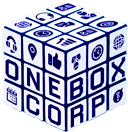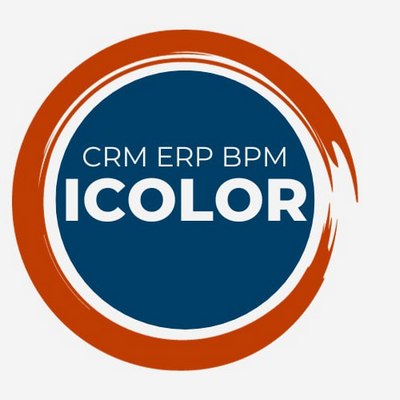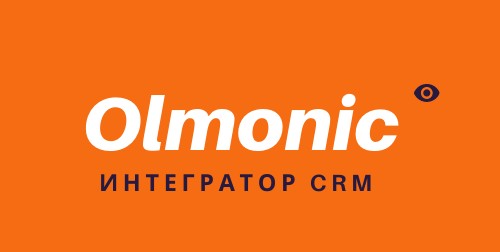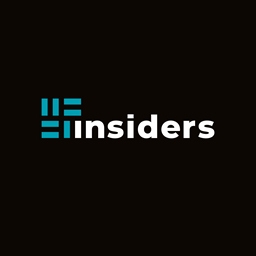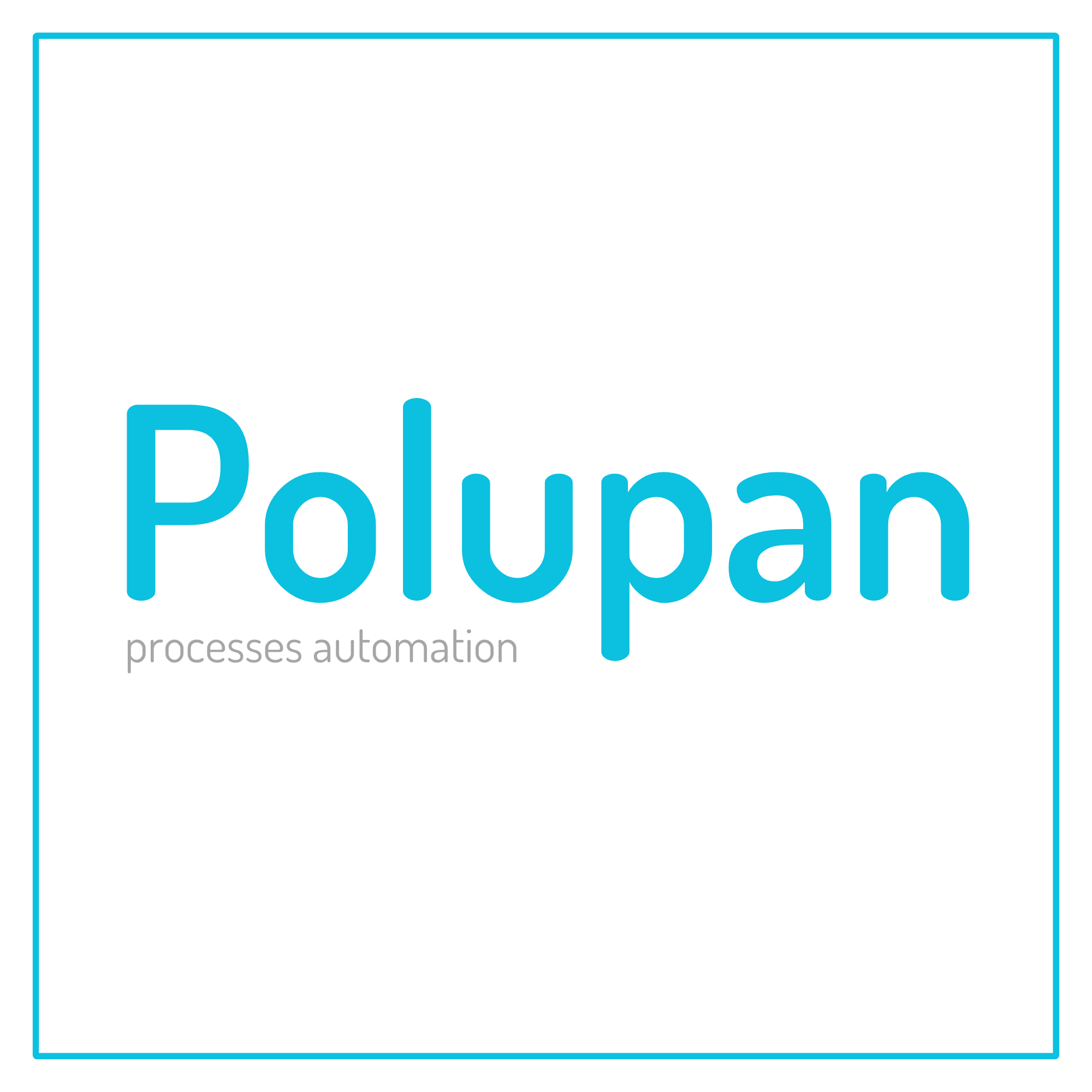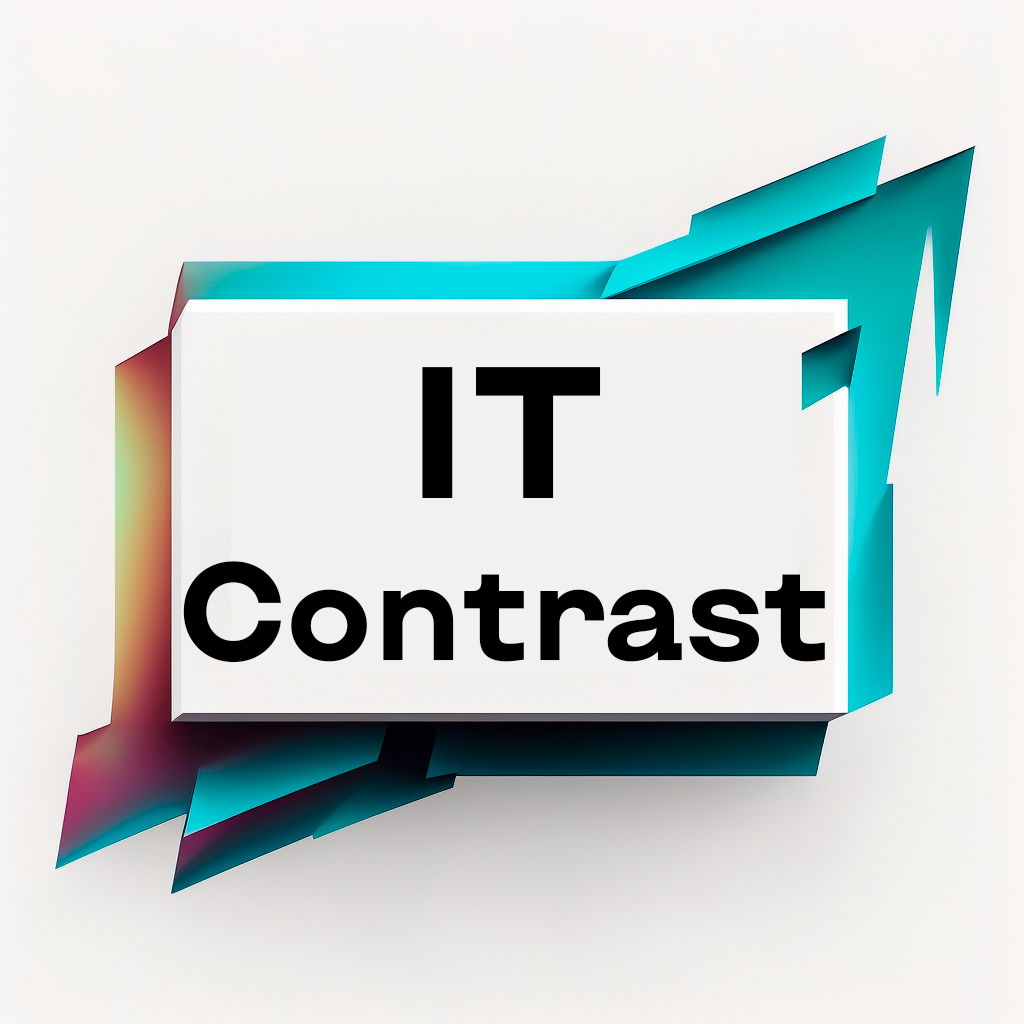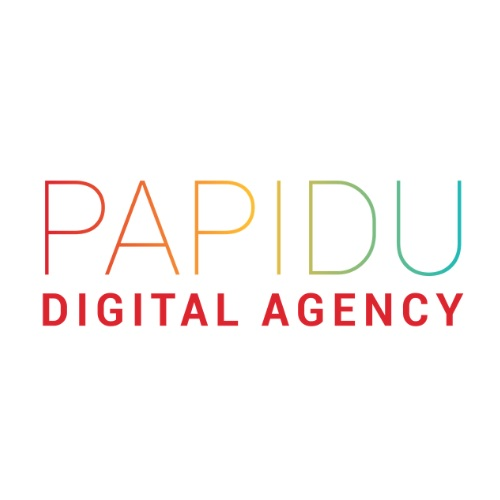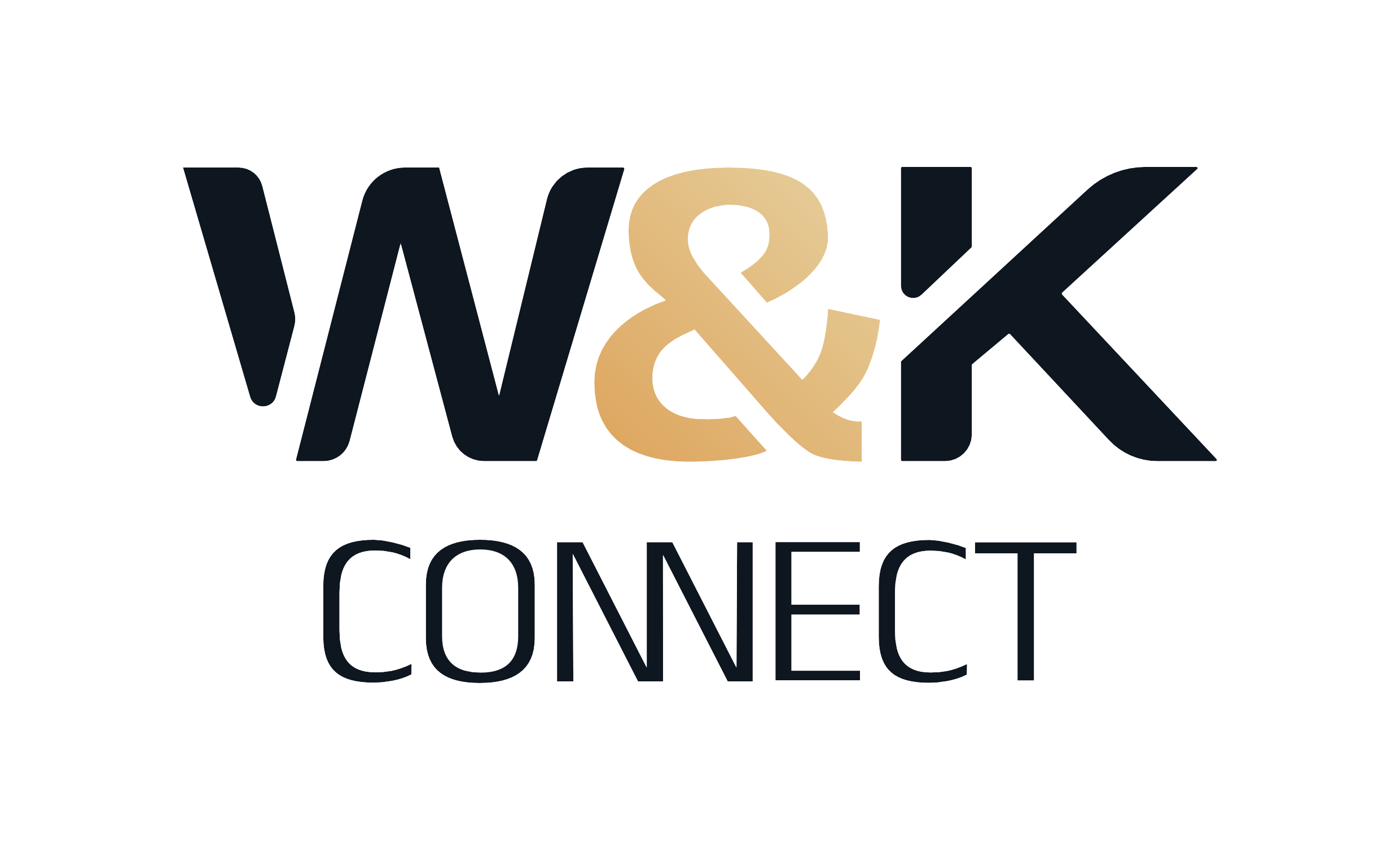Programs for a doctor
Medical software programs are essential tools for modern healthcare professionals. These programs help doctors and other medical professionals manage patient information, track treatments and outcomes, and ensure accurate and efficient healthcare delivery. Some common types of medical software include electronic health record (EHR) systems, telemedicine software, and medical billing and coding software. By using these programs, doctors can provide more efficient and effective care to their patients, while also improving their own productivity and workflow.
Medical software programs provide a wide range of features and functionalities that help healthcare professionals to manage their daily tasks, streamline workflows, and improve patient care. Here are some of the most common features found in medical software programs:
- Electronic health record (EHR) systems: EHRs are digital versions of patient charts that allow doctors and other medical professionals to access patient information quickly and easily. EHR systems typically include features such as patient history, medications, allergies, lab results, and diagnostic images.
- Telemedicine software: Telemedicine software allows doctors to provide remote consultations to patients using video conferencing technology. This is particularly useful for patients who live in remote areas or who have difficulty traveling to a medical facility.
- Medical billing and coding software: Medical billing and coding software simplifies the process of billing insurance companies and patients for medical services. It includes features such as claim submission, payment processing, and revenue cycle management.
- Practice management software: Practice management software helps doctors and medical practices manage their day-to-day operations, including appointment scheduling, patient communication, and billing.
- Clinical decision support tools: Clinical decision support tools provide doctors with evidence-based information and recommendations to help them make informed treatment decisions.
- Electronic prescribing software: Electronic prescribing software allows doctors to send prescriptions directly to a patient's pharmacy, reducing the risk of medication errors and improving patient safety.
- Health information exchange (HIE) software: HIE software allows healthcare providers to securely share patient information with each other, improving care coordination and reducing duplication of tests and procedures.
- Medical imaging software: Medical imaging software allows doctors to view and analyze diagnostic images such as X-rays, CT scans, and MRI scans.
- Patient portal software: Patient portal software allows patients to access their health records, communicate with their doctors, and schedule appointments online.
Overall, medical software programs provide a wide range of benefits to doctors and other medical professionals, including increased efficiency, improved patient care, and better outcomes.
Pricing Programs for doctor #
Discussions Programs for doctor #
Ask questions, discuss any question or idea about" Programs for doctor" our forum
Features Programs for doctor #
Integrators Programs for doctor #
This is a list of our partners who have experience or industry solutions in the area "Programs for doctor". They can build a custom CRM or ERP system for you on the OneBox platform.















